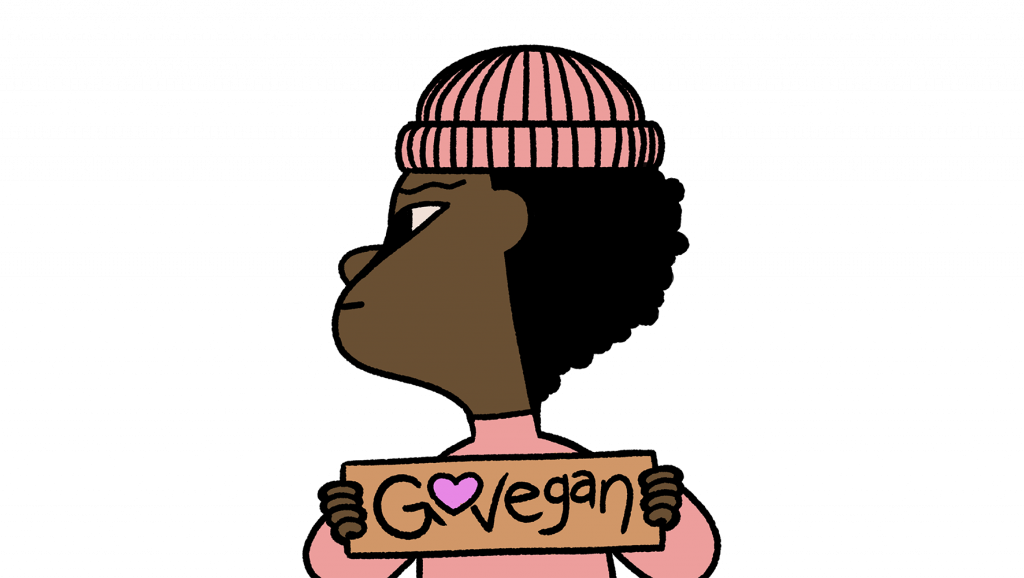
2. Environmental deeds
Inclusion is a personal experience of the adequacy of one’s own abilities, the relevance of one’s own role, and the taking of responsibility in one’s own community. Experiencing inclusion fosters a commitment to action to improve common ground.
Empowerment, a concept related to inclusion, is one of the cornerstones of environmental education, as it gives a person a sense of the importance of their actions and activities. Like inclusion, empowerment usually requires the effectiveness of participation, i.e. participation has produced some concrete results that are known to those involved.
Environmental Citizenship – Your actions matter
The goal of environmental education can be seen as supporting environmental citizenship. We promote young people’s environmental citizenship and awareness of the fact that our own thoughts and deeds matter. It includes awareness, intrinsic motivation, commitment, responsibility, care, community, and participation. Environmental citizenship is a strong dimension of an individual’s everyday life and personal choices.
However, focusing solely on personal responsibilities risks individualising and depoliticising environmental issues. Indeed, environmental citizenship is both a personal influence and a community involvement that aims to change social, political and economic conditions in a more environmentally responsible and equitable way.
The practical ways of working as an environmental citizen are best learned by acting on one’s own. Participation can be seen as a learning process in which one learns, embraces and takes an interest in the world and society around us.
One can also think of participation as a way to get people to care more about their environment and take responsibility for it. Participation can also, at its best, generate ownership that can be seen as one of the key preconditions for environmental citizenship.
People should be given the opportunity to be involved in what they are doing, because what they feel as their own is valuable and something they want to take responsibility for. Education for environmental citizenship should therefore focus on action-oriented and participatory learning, where environmental citizenship develops by working on real environmental issues. Environmental education that supports environmental citizenship offers young people the opportunity to be active citizens themselves and to learn citizenship in their own lives.
(Text above Sanna Koskinen)
Responsibility for the environment develops through participation
Environmental education in a youth centre cannot be an activity led by the workers alone, but must provide young people with meaningful opportunities to participate and act. The role of the adult is to be an enabler, supporter and partner of the activity.
The complexity and global significance of environmental issues inevitably come to the fore when they are discussed in a group with other young people. Ruuti operations offer good opportunities to take forward young people’s own ideas and the things they experience as important.
Acting for the environment: Working together
- Plan a camp or excursion to be waste-free or at least low-waste.
- Develop organic activities for the camp’s art and craft sessions www.naturearteducation.org/
- Find out what camp and camping equipment can be borrowed (Nuorisopalveluiden Wempaimisto, Kierrätyskeskus).
- A natural protection area shall be demarcated from the campsite. The area is monitored, there may be some special plant or animal route. www.luontoportti.com
- At the end of the camp, the campsite area shall be restored to as it was prior to the camp.
- Let’s take care of the yard of the youth centre together with the young people. Rake, plant or delimit a small area that is left in its natural state, etc.
- Acquire cultivation yards for the yard or balcony of the youth centre and start urban cultivation. http://kaupunkiviljely.fi
- Participate in volunteer cleaning work organised by the Public Works Department in the spring.
- Joining the Worldwide Litter Movement. http://www.roskapaivassa.net
- Participate in critical bike tours organised by Friends of the Earth. www.maanystavat.fi
- Escapades are held for the Baltic Sea. Let’s get to know Operation Mermaid and think about what we could do to protect the Baltic Sea. An event will be organised to raise money for the protection of the Baltic Sea. Let’s clean the beaches. People over the age of 18-years-old can train as volunteers in oil spill response forces. At the beginning of 2019, the SATAKOLKYT project was launched in Helsinki, with the aim of getting Helsinki residents to visit the shores and, at the same time, clean the entire 130-km long shoreline. https://satakolkyt.fi
- http://wwf.fi/maapallomme/itameri/
